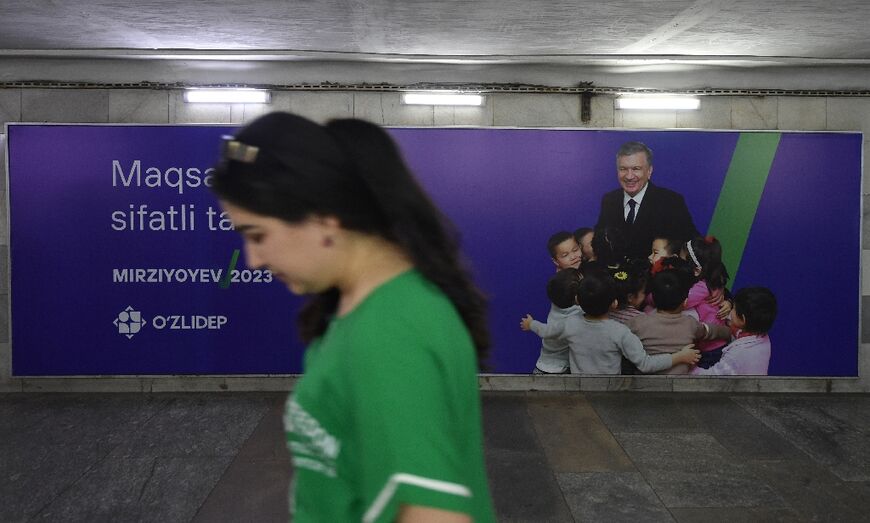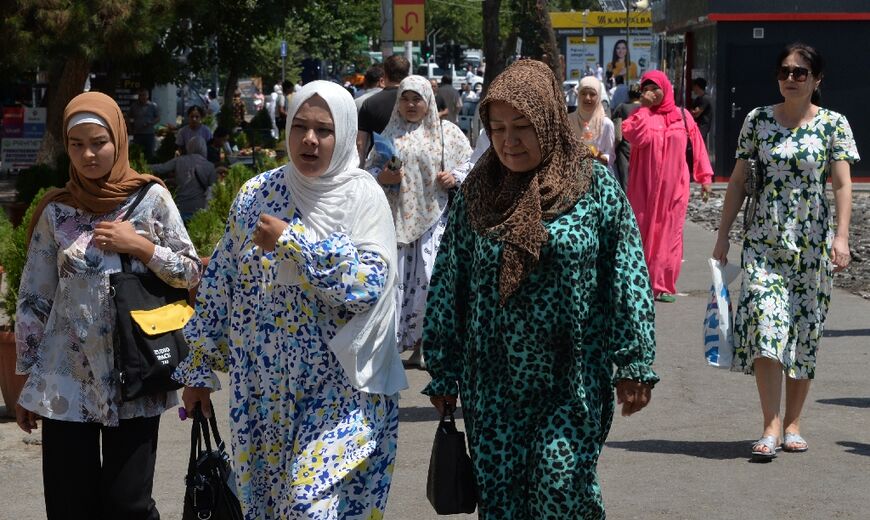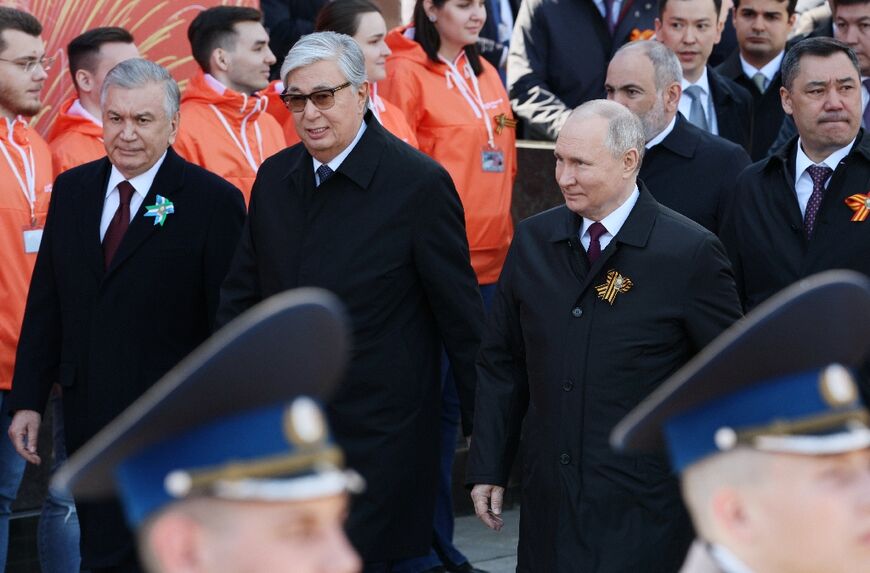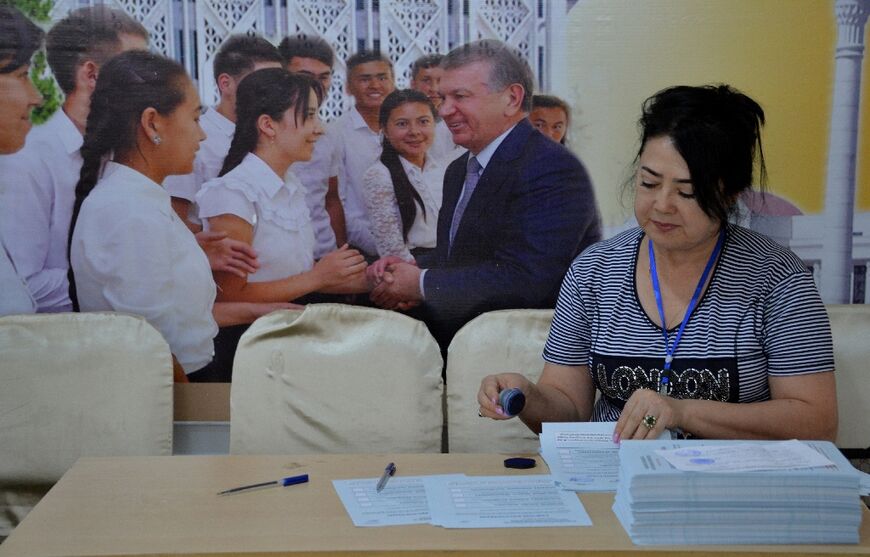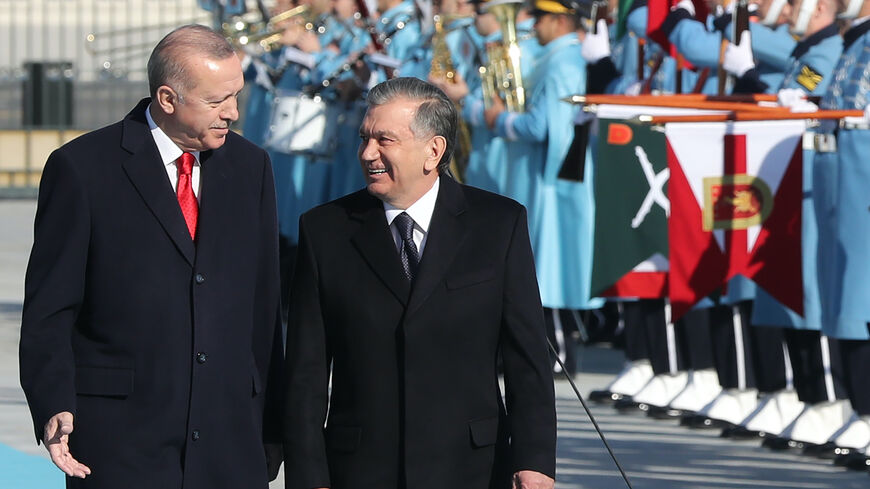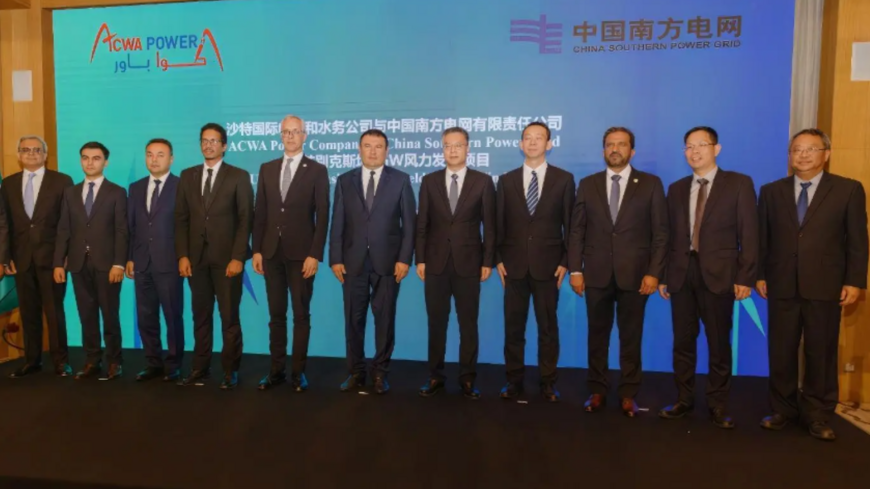Uzbeks see little chance for change in looming election
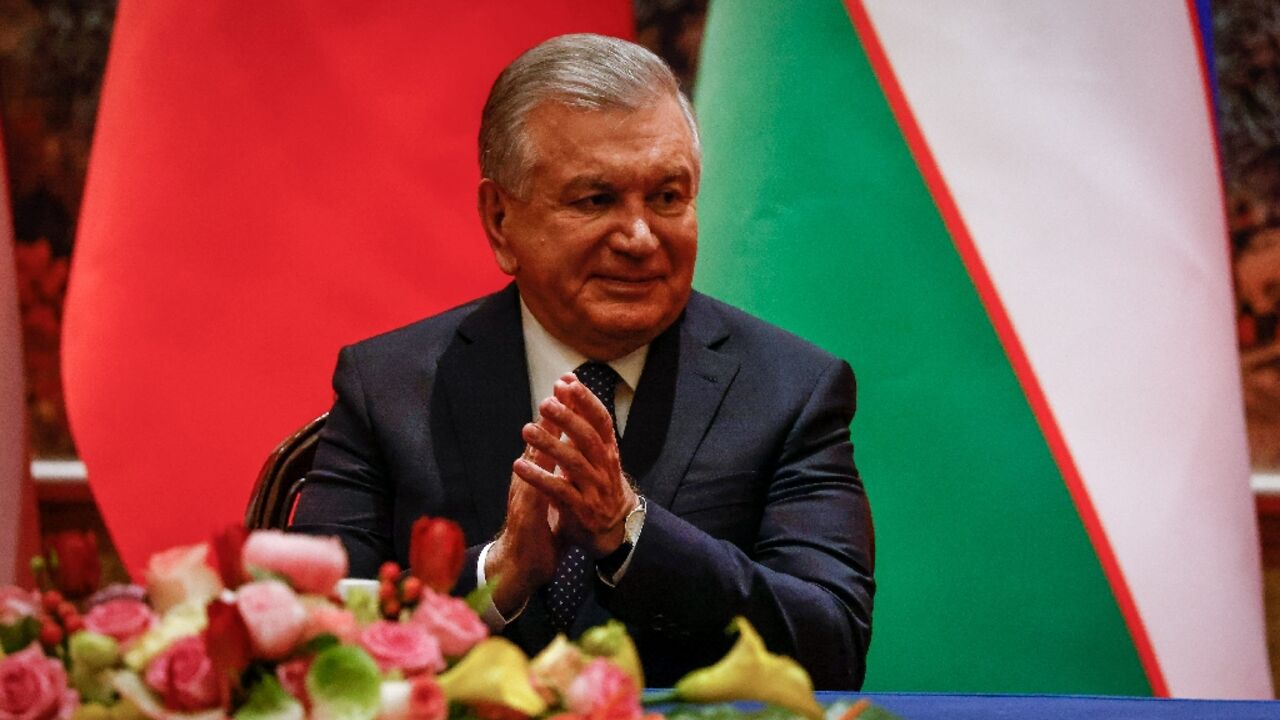
In the streets of Tashkent, there is little doubt as to who will win Sunday's presidential election in Uzbekistan.
The residents who spoke to AFP all said they would cast their ballots for the incumbent, Shavkat Mirziyoyev.
"There is nothing new to expect from this vote," said Rustam Usmonov, a programmer riding the Uzbek capital's metro.
"Mirziyoyev is the only one who is active and the other candidates do not dare criticise him," Usmonov said.
Uzbekistan, a forer Soviet republic, is Central Asia's most populous country, rich in natural gas and with a strategic location bordering Afghanistan.
Mirziyoyev, who was first elected in 2016, has tightened his grip on power while also aiming to open up his country to foreign investment and tourism.
Polls open at 0300 GMT and close at 1500 GMT. Some 20 million Uzbeks are eligible to vote.
The election comes after constitutional changes that allow Mirziyoyev, who was already re-elected in 2021, to serve two more terms.
The reforms, approved in a tightly controlled referendum earlier this year, enable the 65-year-old, who sees himself as a reformer creating a "New Uzbekistan", to remain in power until 2037.
- Water and internet for all -
In Tashkent, which is Central Asia's biggest city, portraits of the four candidates in the election and their programmes are evenly visible.
But residents said they were sure that Mirziyoyev would win.
Matkurban Yadgarov, a retired farmer, said he would "obviously" vote for him.
"The situation is much better under him than the former president.
"He has put an end to forced labour in the cotton fields," said Yadgarov, referring to a reform frequently touted as showing Mirziyoyev's more open approach.
Mirziyoyev, who served as prime minister under then president Islam Karimov, has also allowed the release of political prisoners jailed during his predecessor's quarter century in power.
Despite this and other socio-economic reforms, Uzbekistan remains a tightly controlled state.
NGOs say human rights are better than under Karimov but there is still lots to improve, and the authorities have shown no sign of allowing a real political opposition to emerge.
The three hopefuls standing against Mirziyoyev on Sunday are largely unknown candidates and only five political parties are officially registered in the country.
In July 2022, protests erupted over a plan to remove the right to self-determination from the region of Karakalpakstan. The unrest, and subsequent crackdown, in the poor northwestern territory left at least 21 dead.
Mirziyoyev's re-election campaign has focussed on the economy and education.
He has said he aims to double the country's gross domestic product to $160 billion in the near future.
He has promised more support for the families of hundreds of thousands of Uzbeks who go to work abroad and whose remittances made up 11.6 percent of GDP in 2021, according to the World Bank.
And, in a country with a largely youthful population, Mirziyoyev has made education improvements a highlight of his campaign.
Lola Umirova, a 28-year-old teacher, told AFP she expected the president would "improve the education system".
An agricultural engineer by training, Mirziyoyev has promised Internet access and drinking water for all Uzbeks -- half of whom live in rural areas.
The country, largely made up of desert, is on the front lines of climate change.
- 'Obvious victory' -
Mirziyoyev has vowed to continue a policy of opening up the country, to end the isolation in which it found itself under Karimov.
But efforts to free up the political system are timid and it is difficult for political alternatives to emerge.
The Organization for Security and Co-operation in Europe (OSCE) said the election campaign has been "low-key, mirroring lack of opposition to the incumbent".
His re-election in 2021 was similarly condemned by international observers as a ballot lacking genuine competition.
"The victory of the incumbent president is obvious," Uzbek political expert Farkhod Talipov told AFP of Sunday's poll.
"All the other candidates are completely unknown and unpopular. Their candidacies are just an artificial way of showing a political struggle that does not exist."


